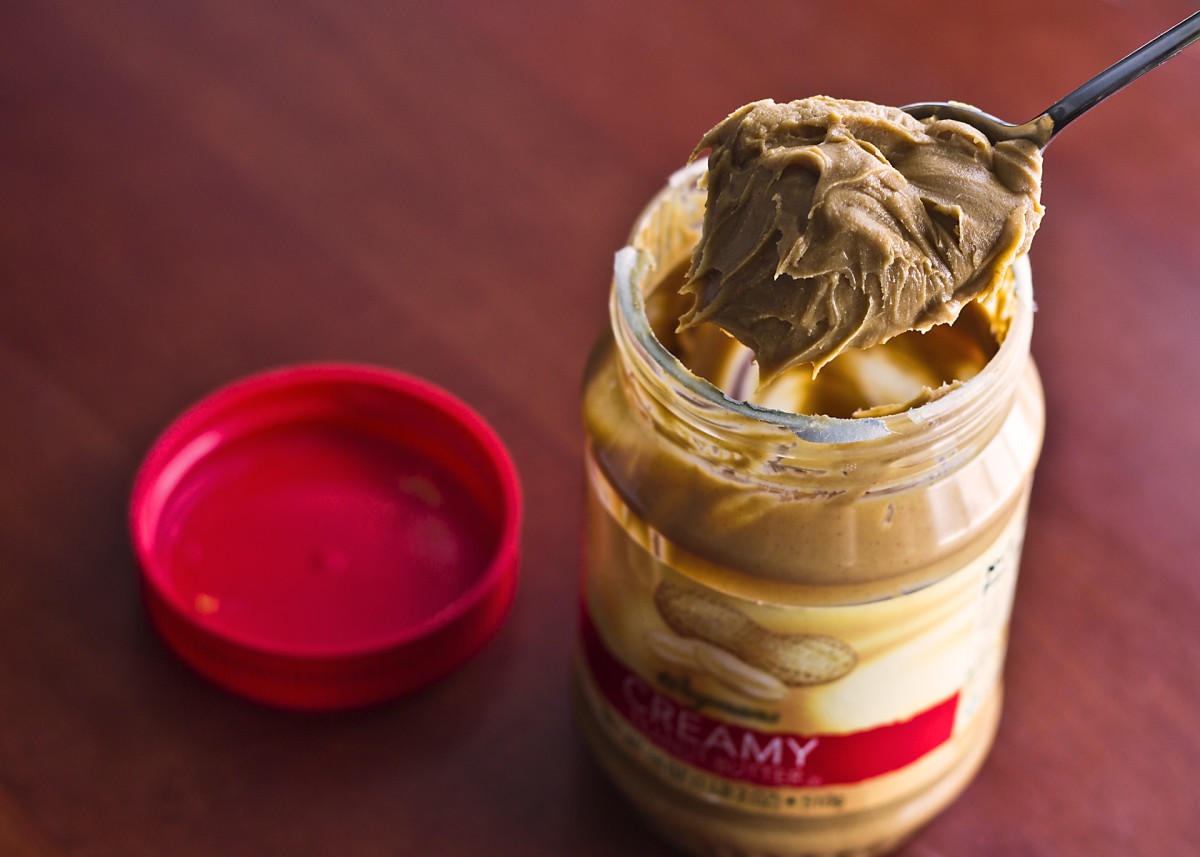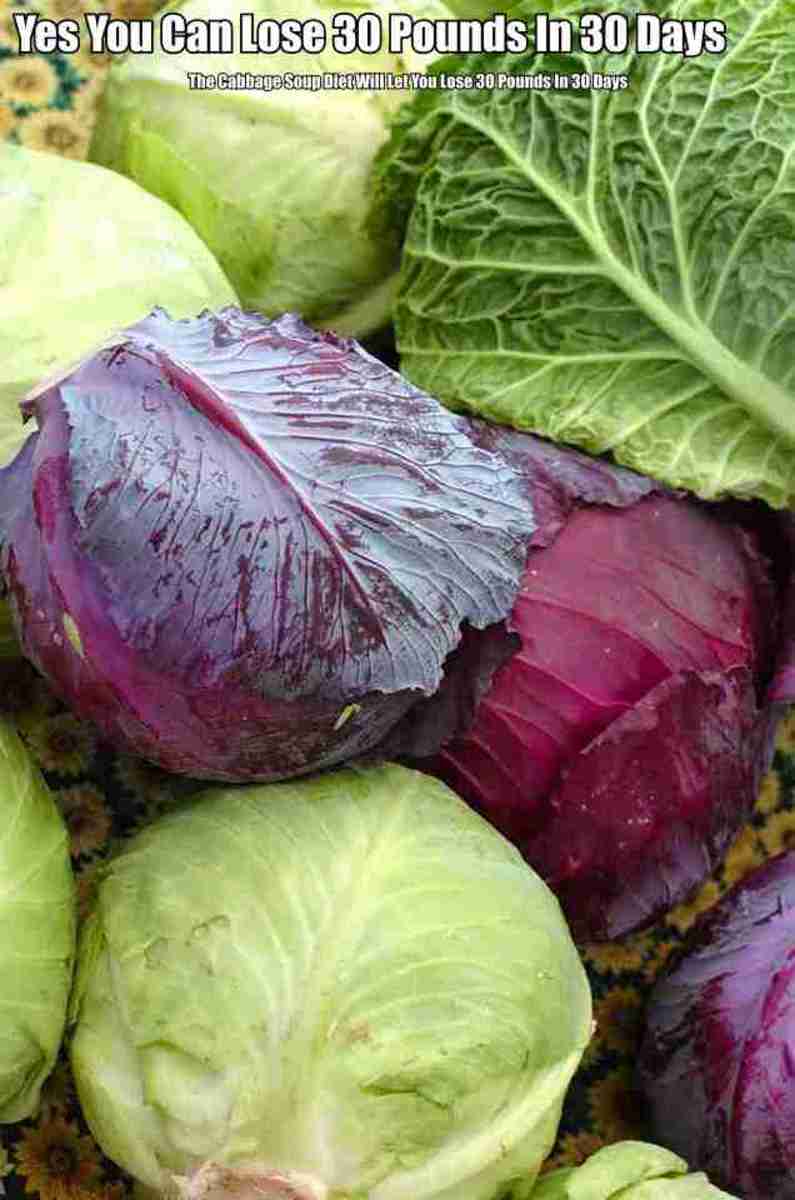How Does Counting Calories Help You Lose Weight?
So how exactly does counting calories help you lose weight?
This is a question that many dieters ask because while the term is often bandied about in weight loss circles, very few people actually manage to grasp what its all about, so go on blindly doing what the weight loss program tells them to do without really understanding why they're doing it.
For this reason, this hub page has been created to explain how that works and to delve into the mechanics of what calories actually are, how they get taken in and then burned off. That way, at least you'll have a better understanding of what it is you're doing when you're counting calories and why you even need to be doing it!
What Are Calories?
Calories are units of energy that the body burns by the action of doing work. Doing work means using your muscles to do the things you generally do every day, such as:
- walking
- stretching
- running
- going up and down stairs
- cleaning
- sweeping
- gardening
- moving furniture around
...and stuff like that. It also means doing exercises that you'd either do at a gym or playing sports, swimming, running around a park kicking a football or walking the dogs. All these activities can be thought of as work that your body does and it does it by using muscles to move your limbs to enable you to do all this stuff.
That might sound very basic, but that's really what it all boils down to. Exercising is simply making your muscles work a little (or a lot) harder than they normally do to make them grow, in the case of body builders, or tone them up in the case of slimmers, or generally strengthen them.
What happens when your muscles are working hard is they use up fuel in the form of glucose which the body produces from the food you eat. When your muscles are using up the glucose fuel, they are expending energy. The rate at which your muscles expend that energy is measured in calories.
The more calories you use up in terms of energy, the more your body uses up its supply of fuel.
To keep the explanation simple, that fuel, or glucose is flowing around your body in your blood. The blood takes glucose to the muscles that need it so they can convert it into energy and use up a number of calories in doing so.
The glucose gets into the bloodstream by way of your digestive system, which breaks down the food you eat into simple sugars (glucose). The more food you eat, the more sugars are produced by the body for use by your muscles.
Whatever glucose is left over after you have finished exercising or doing work with your muscles is stored up in fat cells. So you can see that the more food you eat that contains higher amounts of stuff that will convert into sugars, the more fat your body will store unless you burn it off.
This is why its important to know how many calories worth of food you are eating, so you'll know how much exercise to do in order to burn it all off.
Counting Calories to Lose Weight
Now to the difficult part. Counting calories is not as simple as just toting up how many peas you have on your plate or anything as easy as that! You need to know how many calories each item of food contains per unit of weight.
To do that, you'll need to consult with a professional nutritionist or dietitian who will not only tell you how many calories each item of food contains, but will also be able to tell you how many calories you can eat in a day against how many calories you are likely to burn in a day depending on how much work or exercise you do.
So for instance, a builder will work hard every day and burn off a lot of calories just doing his job. He will therefore be able to eat a lot of food before he gains any weight, because his body is always burning it off.
On the other hand, someone who sits at a desk in an office all day will not burn off many calories because their bodies are not doing any work. they will only be able to eat a small amount of food before they start to gain weight, because there is no exercise to burn it off.
In the first case, the builder will not need to go to the gym to exercise, unless he wants to build his muscles even more, because he gets all the exercise he would normally need just by doing his job. In the second case, the office worker would need to go to the gym or do some sports in order to burn off the excess calories they put on by eating and not doing any work during the day at their job.
Hopefully, you now see why you need to count calories depending upon what you do all day to either avoid gaining, or to lose weight if you are overweight. It also helps to alter your diet so that you are eating foods that contain fewer calories but still make you feel full after a meal in order to achieve a loss in body mass and size.
My Related Hub Pages
- Why Fast Food is Bad for You
If you've ever wondered why fast food is bad for you, this hub page will let you have it in no uncertain terms! The dangers of fast food cannot be understated as the world's population is increasingly...








